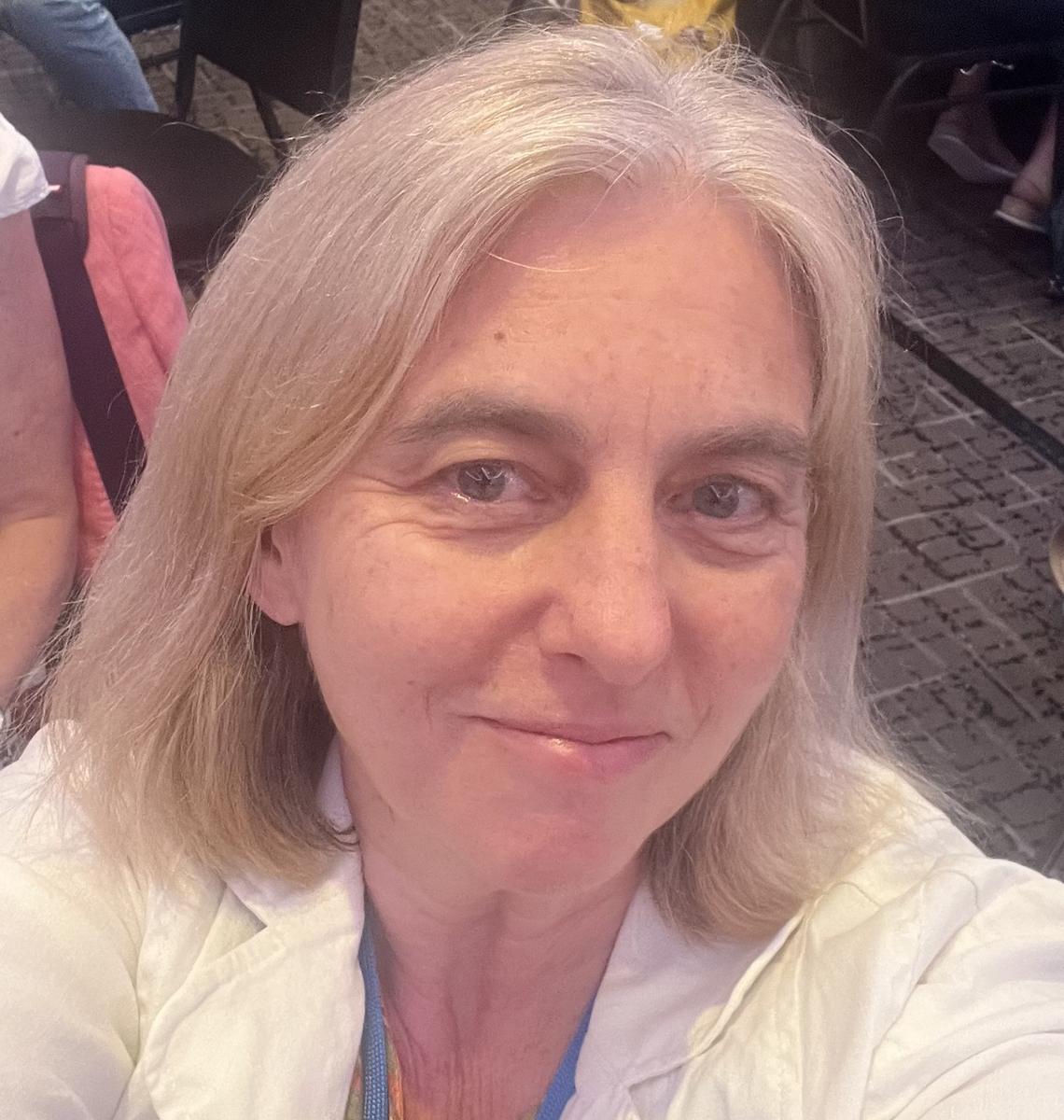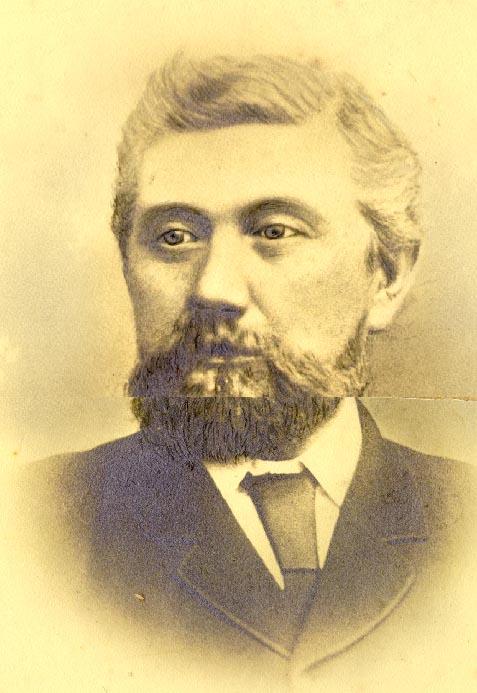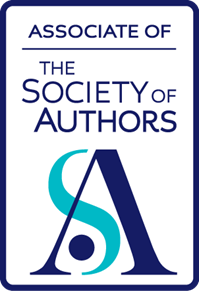
About the Author
Carolyn Morgan
If you have a question about researching and writing historical fiction, or information about Swansea and Gower history, please contact me.
My Lifelong Love of Reading
I have been a bookworm since primary school. My mother bought me nine paperbacks for my ninth birthday and I read them all on a fortnight’s Scottish holiday (including Wolves of Willoughby Chase and The Princess and the Goblin). I devoured entire series: Narnia, Swallows and Amazons, Anne of Green Gables, Laura Ingalls Wilder. I worked through the children’s section of the local library like a locust, using my full weekly allocation of seven books, then moved onto the adults. Anything in my parents’ bookshelf was fair game, even highly unsuitable novels like The Godfather and Papillon.
Every time I have moved house the hardest task has been winnowing my books, giving some away to friends or charity shops. I remain calm in the face of rail or air delays or sleeplessness on night flights so long as I have a thick paperback in my bag. I have started or joined book groups continuously over the last twenty-five years, discussing and dissecting Booker winners, commercial thrillers and classics. I secretly enjoyed reading aloud to my two boys the full works of Susan Cooper, C.S. Lewis, Roald Dahl, Lemony Snicket, Michael Morpurgo and many more. My day job in magazine publishing was an excuse to read widely, but even “long read” features don’t kidnap you and immerse you in an alternative world like a novel does.

From Reader to Writer
So it is not entirely a surprise that, when my boys left home, I made a pact with a friend to write a novel as part of the NaNoWriMo challenge, writing 50,000 words during the month of November. With only two months to plan I had no idea what to write about until I recalled the intriguing story of my great-great-grandfather, John Clement, who according to family legend, sailed round Cape Horn to Chile in the 1880s to bring back copper ore to smelt in Swansea.

Unearthing Family History
I visited the London Metropolitan Archives and flipped through Lloyds Captains Register — huge leather-bound books resting on cushions, inscribed in tidy copperplate, dense with codes for ships and oceans. So he had actually made these voyages. One, though, had resulted in a shipwreck. Another visit to Guildhall and Lloyds’ List archive yielded more details of the incident and survivors.
Armed with a few facts then, plus a shoebox of family documents borrowed from my mother and some history books, I had the makings of a story. I pondered on John Clement’s motivation, learned more about his family, and laid out coloured index cards on the living room floor.
Writing Copperopolis
November arrived, and in each quiet, dark evening I wrote 1,500 words based on one of those index cards. No time to go back and edit — like a skipper crossing the Atlantic, I had to keep moving forward. By 30 November I had my 50,000 words, and a title, Copperopolis. Little did I know then just how much work lay ahead of me.
For a year I played with the draft after sharing it with a few long-suffering friends and family. The breakthrough came at an Arvon course, where tutor and author Patricia Duncker gave me some harsh but fair advice. I went to that course with 70,000 words. After severe structural surgery I left it with about 40,000, with many new scenes to write.
Life and work intervened, but a year or so later I took Copperopolis out from its drawer and shared it with a professional editor, Judith Heneghan. She was more diplomatic than Patricia but forced me to examine every scene and sub-plot. After three rounds of edits and rewrites over the last two years, few words of that first draft survive. Nothing was wasted, as I know the protagonists, John and Margaret, inside out.
New Projects and Continuing the Journey
While I was taking a break from the copper boom, I applied to a Curtis Brown Creative course and submitted 3,000 words and a synopsis for a different novel, based on the lives of my great-grandparents and set in the first two decades of the 20th century. By the time I started the course, tutored by Charlotte Mendelsohn, in September 2023, I had 10,000 words. I completed the first draft by the end of January 2024.
Since then I have alternated between editing the two novels, applying lessons learned on one to the other. Last year I started researching a third novel, based on the lives of my grandparents and set in Swansea and the Normandy landings in WW2. I find it works for me to have more than one project. I only work on one at a time, but if I get stuck, then I can swap to another. Both novels have been longlisted in competitions, convincing me that there is potential in the ideas, and my writing.
I am querying agents on Copperopolis right now and also submitting to indie publishers. The second novel is on the editing operating table as I write this.

